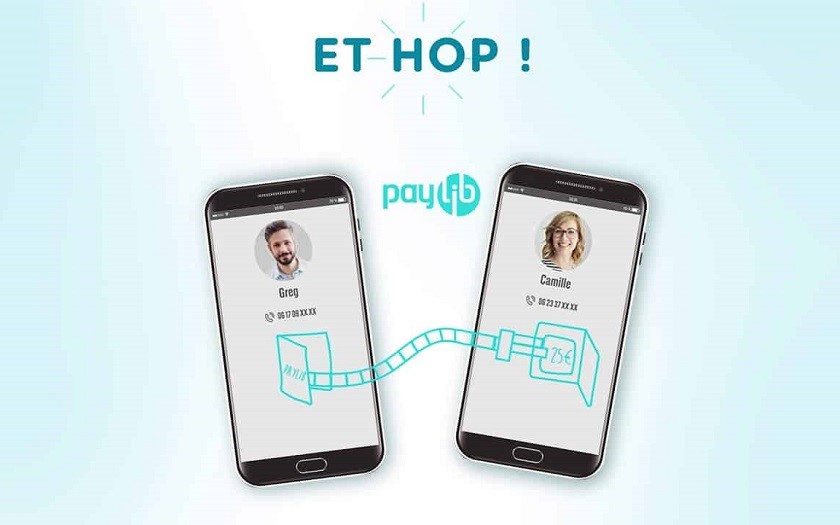Paylib: Mobile-Based Instant Credit Transfer Going Mainstream

FACTS
- The seven largest banks in France just agreed to generalise P2P credit transfer through Paylib.
- Goal: Let customers conduct instant account-to-account money transfers from their mobile phone.
- Each bank will set their own transaction limits and applied fees.
- They will be in charge of securing Paylib transactions and will remain the only contact point for all payments made through this mobile app.
- How it works
- The user opens the app and activates the Paylib entre amis option
- He specifies the amount and recipient’s phone number
- The transfer is conducted near instantly (less than 10 seconds)
- For now, Crédit Mutuel Arkéa is the only institution enabling their customers to carry out instant Paylib-based transfers. Crédit Agricole should soon follow. The other banks are expected to be ready by this summer.
FOCUS: Instant Payment from BPCE
- 1M instant transfers
- 600,000 since the beginning of 2019
- 400,000 by individual customers, 200,000 conducted by BPCE Assurance
CHALLENGES
- This move might help banking institutions provide an alternative to cheques and stay in control of payment transactions as US Web giants increasingly focus on the P2P payment market.
- A boost. Generalising mobile-based instant credit transfer services might also boost Paylib’s adoption, as well as help it become a reference on the French market for P2P mobile payments.
MARKET PERSPECTIVE
- The French wallet entered the P2P segment in 2018 with a money transfer feature, yet this option didn’t involve real-time payments. It could soon enable over 2 million users to transfer amounts in less than 10 seconds.
- Also, a rival service from the retail industry, Lyf Pay, just launched a free money pool solution for their 1.7 million users.
- And just a few days ago, Apple launched their own credit card in partnership with Goldman Sachs and Mastercard. French banks must then improve their position on the mobile payment sector: they have to face threats from the US “Big Four” as they aim for financial services, especially in dealing with payments.
